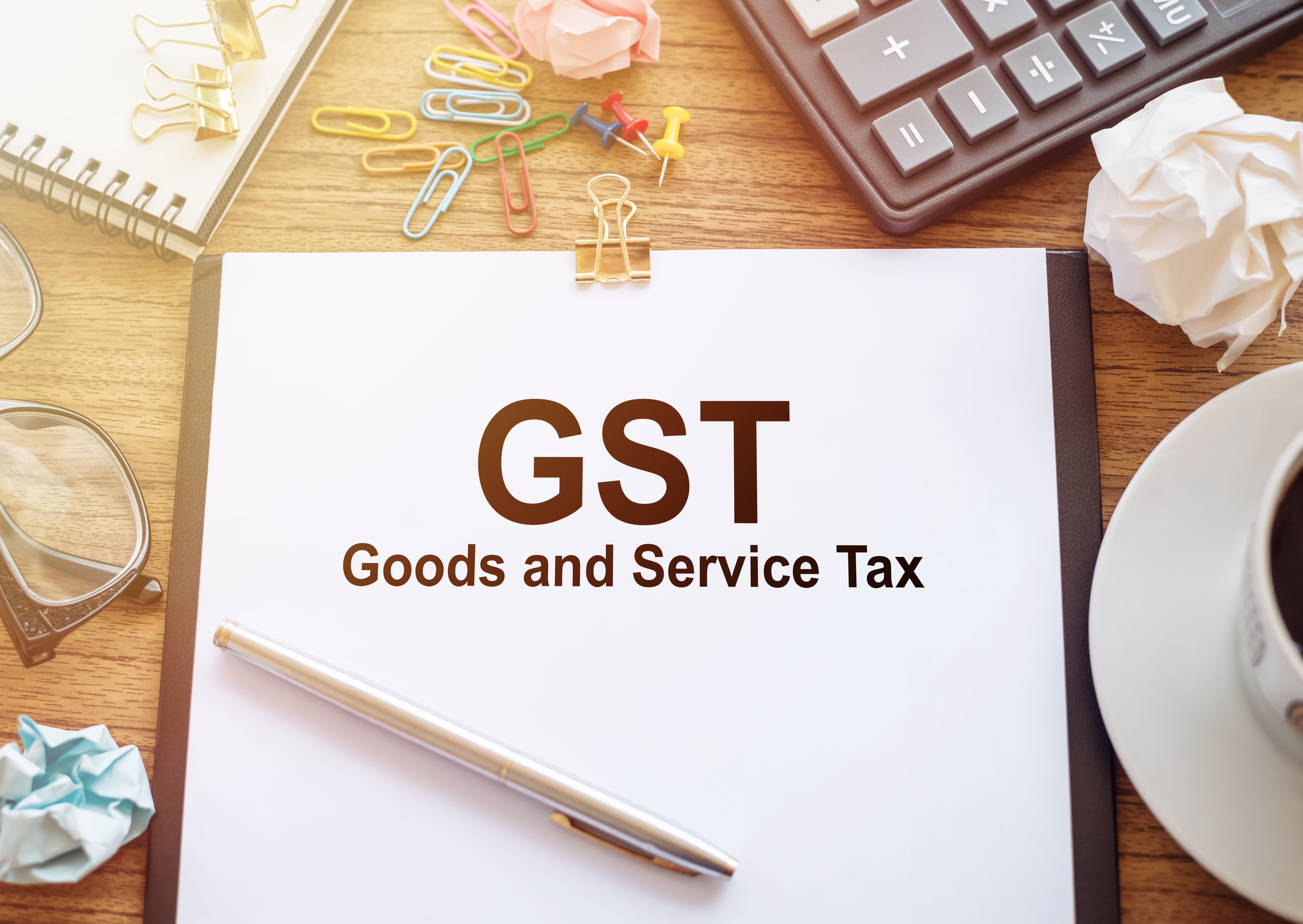Introduction
Navigate GST in home construction confidently. Learn about rates, exemptions, and smart strategies to manage taxes while building your dream home.
Building a home is like orchestrating a grand Indian wedding - exciting, complex, and yes, taxing. Let's decode the GST puzzle so you can focus on choosing paint colors instead of calculating percentages.
1. Overview of GST

Think of GST as that one relative who wants to be involved in everything. It shows up in almost every aspect of construction, from the cement in your foundation to the paint on your walls.
What You Need to Know:
• It's comprehensive - one tax to rule them all (goodbye complicated old system)
• It is a multi-stage tax levied on the supply of goods and services.
• It is destination-based and ensures uniform taxation across India.
• For home construction, GST applies to materials, labour, and services used during the process.
2. GST Applicability in Home Construction

a. Self-Constructed Houses
If you’re building your own house (not purchasing from a builder), GST applies to:
• Construction materials like cement, steel, and bricks.
• Services provided by contractors, architects, and engineers.
b. Builder-Constructed Houses
• Under-Construction Properties: When you purchase an under-construction property from a builder, GST is applicable at 5% of the property value if the builder does not claim an Input Tax Credit (ITC).
• Ready-to-Move-In Properties: No GST is applicable for ready-to-move-in properties, as they are considered immovable properties under GST law.
3. GST Rates for Home Construction

The GST rates differ based on the type of material or service. Here’s a detailed breakdown:
a. Construction Materials
| Material | GST Rate |
Cement | 28% |
Sand and Gravel | 5% |
Bricks | 5% (Clay bricks), 12% (Fly ash bricks) |
Steel | 18% |
Marble and Granite | 18%–28% |
Paints and Varnishes | 18% |
Electrical Fittings | 18% |
Plumbing Items | 18% |
b. Construction Services
18% GST applies to labour and other professional services like architecture or structural design.
c. Affordable Housing
If the construction is part of a government-notified affordable housing project, the GST rate is reduced to 1% (without ITC).
4. How GST Affects Home Construction Costs

a. Pre-GST vs. Post-GST
Before GST, there were multiple indirect taxes like VAT, service tax, and excise duty. These have now been fused under GST. While this simplifies taxation, it also increases the cost of certain materials like cement, which now attracts 28% GST.
b. No Input Tax Credit for Individuals
One key downside for homeowners constructing their houses is the lack of ITC. Businesses can claim ITC to offset their tax liabilities, but individual homeowners cannot. This means homeowners bear the full GST cost on both materials and services.
c. Effect on Material Costs
The high GST rates on essential materials like cement and steel can significantly inflate construction costs. For example:
• A 50kg bag of cement costing ₹350 will have an additional ₹98 (28%) GST, increasing the total to ₹448 per bag.
• Steel, essential for reinforcement, incurs 18% GST, making it pricier.
5. Example of GST Impact on Construction
Let’s calculate the GST for a house construction project with the following requirements:
| Item | Quantity | Cost (₹) | GST Rate | GST Amount (₹) | Total (₹) |
Cement (50kg bags) | 200 bags | 70,000 | 28% | 19,600 | 89,600 |
Steel (2 tons) | 2 tons | 1,00,000 | 18% | 18,000 | 1,18,000 |
Labor/Contractor Fees | Lump sum | 2,00,000 | 18% | 36,000 | 2,36,000 |
Labor/Contractor Fees | Lump sum | 2,00,000 | 18% | 36,000 | 2,36,000 |
Electrical Fittings | Lump sum | 1,00,000 | 18% | 18,000 | 1,18,000 |
Total Before GST: ₹5,20,000
Total GST Payable: ₹1,00,600
Final Cost After GST: ₹6,20,600
6. GST-Exempt Items and Services

Certain goods and services are exempt from GST:
• Basic land preparation and levelling services by local bodies.
• Materials used in government-notified affordable housing schemes.
• Renewable energy items like solar panels (used for eco-friendly construction).
7. Tips to Minimize GST Costs

a. Choose GST-Registered Contractors
Hiring GST-compliant contractors ensures proper invoicing and transparency. It also reduces the risk of paying additional taxes for non-compliance.
b. Go for Composite Contracts
Instead of separate contracts for materials and services, consider composite contracts where both are bundled. This may simplify the GST structure and reduce administrative hassles.
c. Source Exempt Materials
Try and include materials and methods that are GST-exempt or attract lower rates, such as eco-friendly options.
d. Plan Bulk Purchases
Buying materials in bulk allows you to negotiate discounts, which can offset GST expenses to some extent.
Key Takeaways
1. GST Rates Vary: Know the applicable GST rates for materials and services.
2. Plan for Additional Costs: Budget for GST to avoid surprises during construction.
3. No ITC Benefit for Individuals: Homeowners cannot claim input tax credits, increasing the effective cost.
4. Exemptions Exist: Explore GST exemptions under specific schemes or for certain items.
GST in construction is like city traffic - you can't avoid it, but you can learn to navigate it smartly. Plan ahead, understand the rules, and remember that every dream home comes with its share of taxes.
PS : These rates may change based on government policies and directives. Customers should check the latest applicable GST rates at the time of purchase.
Related articles
Sign up for the newsletter
If you want relevant updates occasionally, sign up for the private newsletter. Your email is never shared.

















